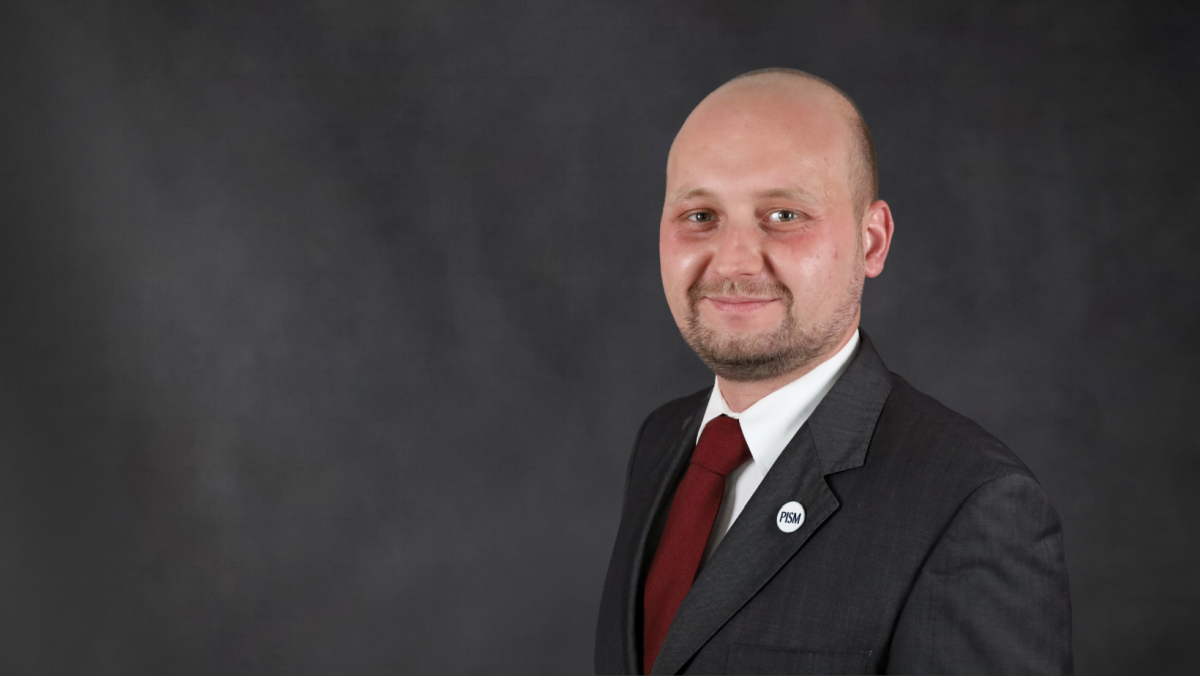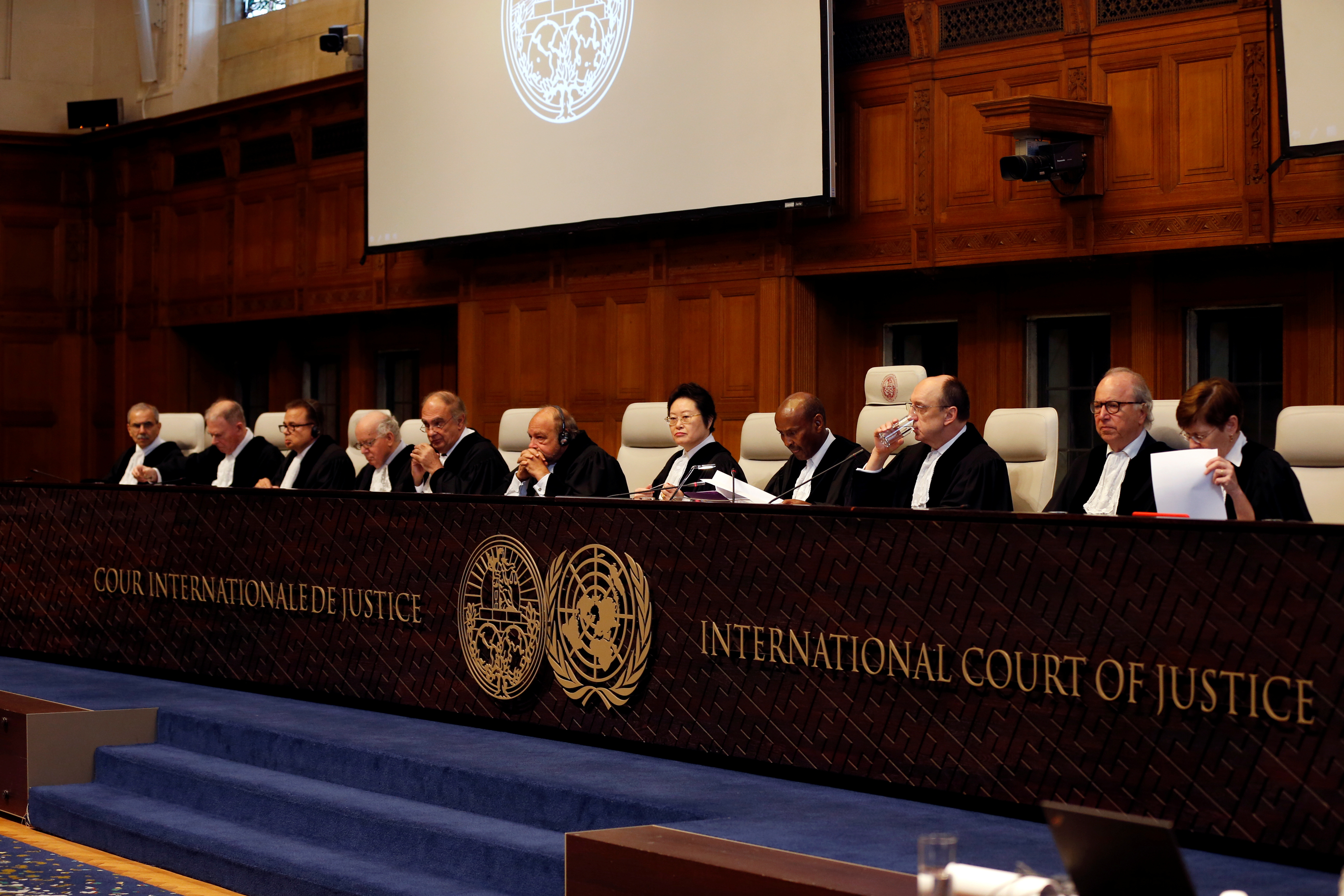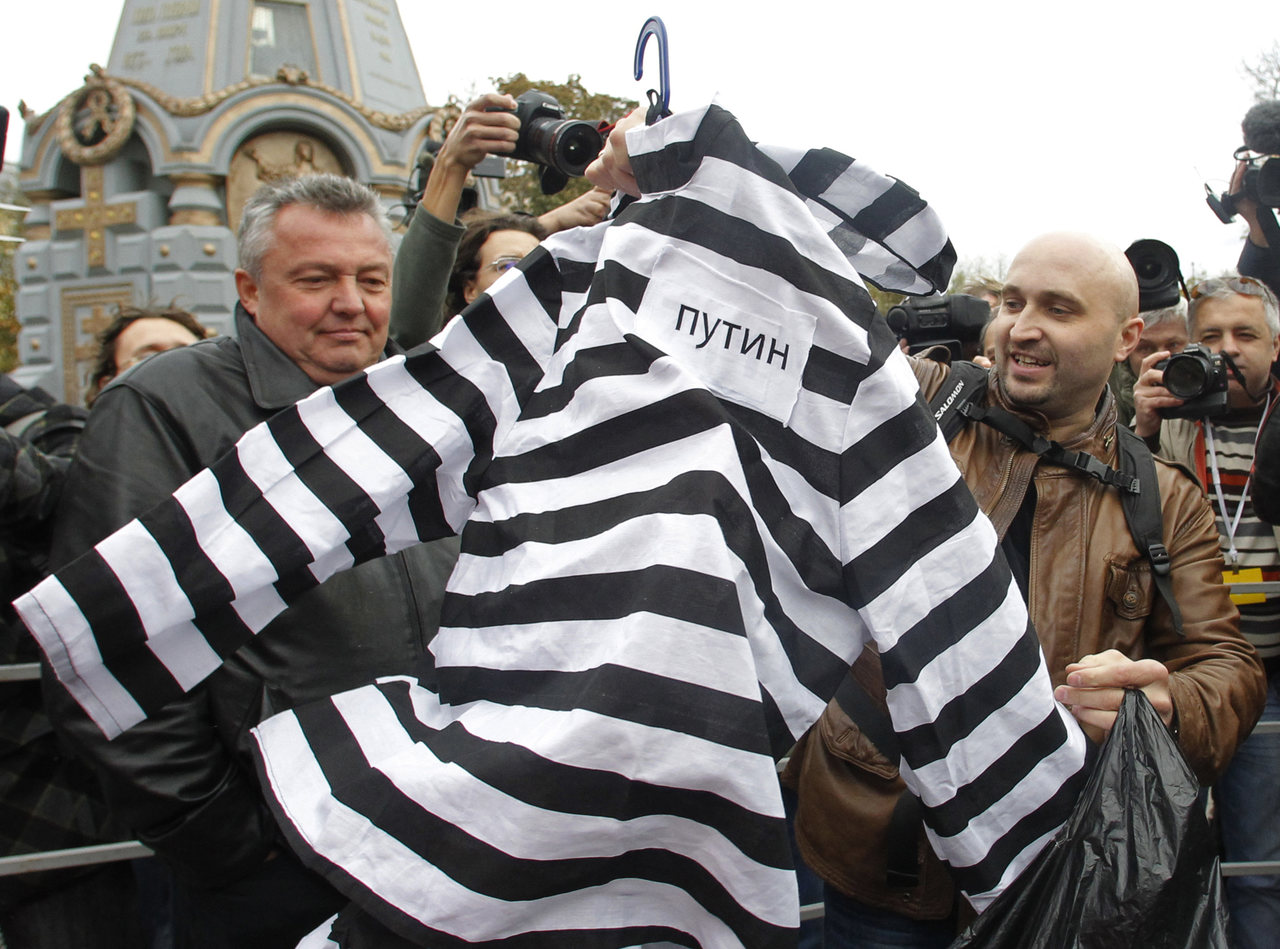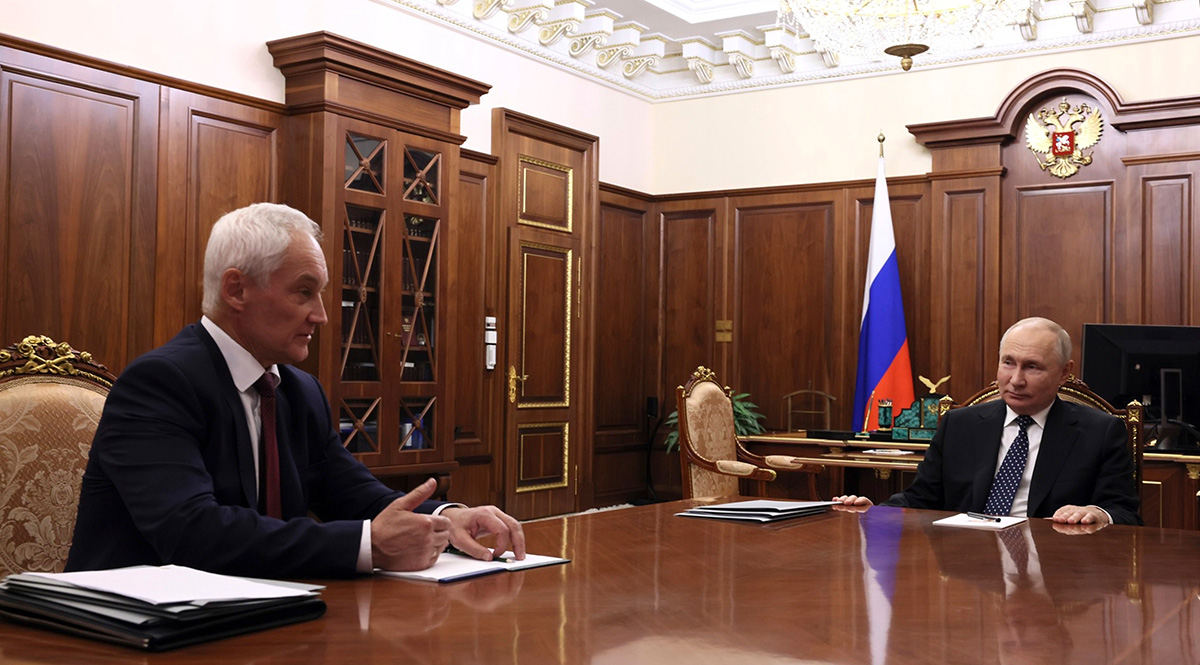On 25 June, the International Criminal Court (ICC) issued arrest warrants for former Defence Minister and incumbent Secretary of the Security Council of the Russian Federation Gen. Sergei Shoigu and Chief of General Staff of the Armed Forces Gen. Valery Gerasimov. These are the latest warrants issued for key military officers responsible for Russia’s hostilities in Ukraine.
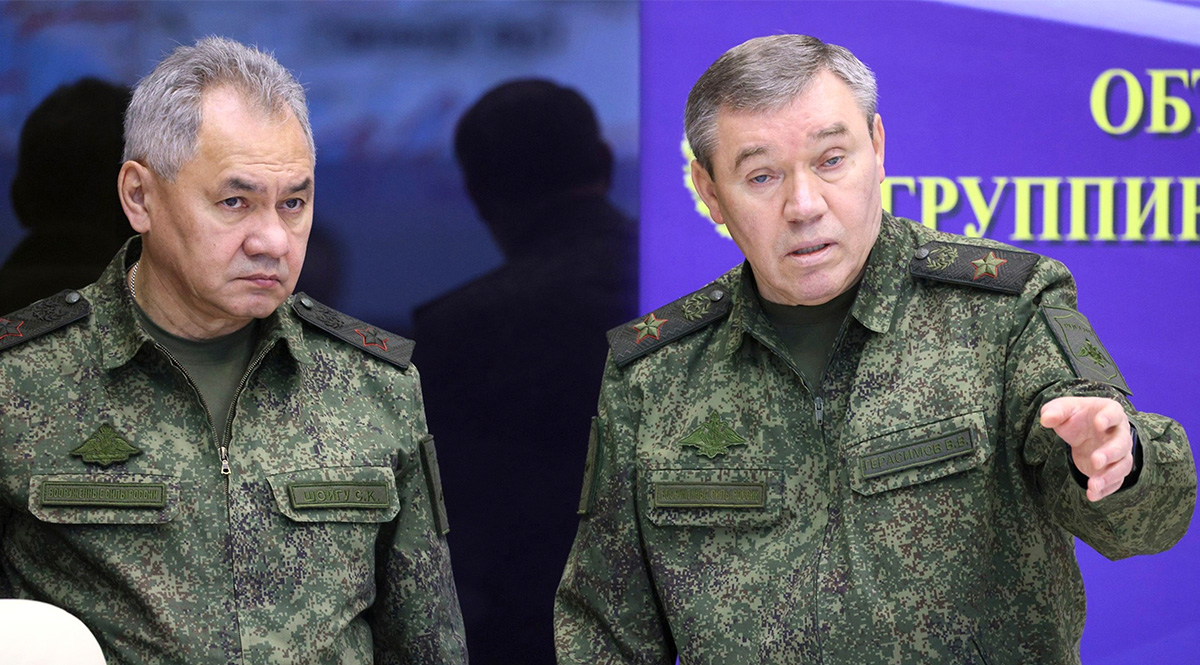 Gavriil Grigorov/Kremlin Pool / Zuma Press / Forum
Gavriil Grigorov/Kremlin Pool / Zuma Press / Forum
What has been the role of the generals in the war in Ukraine?
During the period covered by the warrants, Gen. Shoigu served as Russia’s Minister of National Defence, setting the main objectives and tasks for Russian troops conducting military operations in Ukraine. Gen. Gerasimov served as Chief of Staff of the Russian Federation and has been commander of the combined military grouping fighting in Ukraine since January 2023. Shoigu and Gerasimov gave orders to attack civilian targets, including energy infrastructure, thereby causing deliberate, excessive damage to the Ukrainian population.
Shoigu and Gerasimov are not the first high-ranking Russian military officers to be subject to arrest warrants by the ICC. On 5 March, the Court issued ones for Gen. Sergey Kobylash, commander of the Russian Air Force’s long-range aviation, and Adm. Viktor Sokolov, commander of the Black Sea Fleet. Both are accused of war crimes and crimes against humanity.
What are Shoigu and Gerasimov wanted for?
The ICC Prosecutor’s Office accuses Shoigu and Gerasimov of committing war crimes and crimes against humanity for, among other things, intentionally directing attacks against civilian objects and causing serious bodily and health damage to civilians. In accepting its request for warrants, the Court indicated that it was related to missile attacks by the Russian Federation on Ukrainian electricity infrastructure from at least 10 October 2022 to 9 March 2023. This is a narrow scope, given the functions and roles of the two generals, but apparently the Prosecution felt that in this sphere it had the strongest evidence to convict them. Back in April 2023, the Ukrainian company Ukrenergo reported that the Russian military had by then launched more than 1,200 missiles and drones at Ukrainian energy facilities. Of those, 250 hit their target, damaging 43% of Ukraine’s main power grids. The ICC can supplement the warrants with other crimes in the future at the request of the Prosecutor’s Office.
What are the probable consequences of the arrest warrants?
As with the previous arrest warrants, Russia will contest them, calling them political acts. It is not a party to the ICC’s Rome Statute so the warrants are not directly binding on it, but states that are party to the Statute (124, including Poland) and Ukraine (as a result of accepting ICC jurisdiction) are obliged to arrest the generals and surrender them to the Court.
The ICC hopes that the publication of the arrest warrants will deter other Russian military officers from committing similar crimes. However, given the extent of the influence of Russian propaganda on its soldiers and the degree of control the authorities have over access to information, it is difficult to expect that even this step will lead to a widespread refusal by soldiers to carry out orders from their commanders that violate basic norms of humanitarian law (if information about the warrants reaches them at all).
Additional arrest warrants could be issued by the ICC, for example, against Gen. Gennady Anashkin, Acting Commander of the Southern Military District, and the commanders of the 8th and 58th Armies, who permitted soldiers to commit war crimes against Ukrainian civilians.
What else can states do to combat international crimes in Ukraine?
With its limited resources, the ICC tends to focus on prosecuting politicians, officials, and high-ranking commanders. It would therefore be advisable to involve states opposed to the war in Ukraine more actively in the prosecution of suspected lower-level soldiers. For example, the Joint Investigation Team (JIT) set up by the EU’s Eurojust in March 2022 still only cooperates with Eastern and Central European countries and the U.S., and has not been joined by France or Germany, for example (although they have actively pursued, among others, lower-level war criminals from Syria). It would be desirable for JIT members to increase diplomatic pressure on these countries to join the team. In addition, it would be advisable to strengthen financially and in terms of personnel the units responsible for prosecuting criminals in the prosecutors’ offices of individual states (including Poland). It would send a clear signal of political support to initiate proceedings and request European arrest warrants and so-called Interpol Red Notices to bring to justice persons suspected of committing international crimes.





